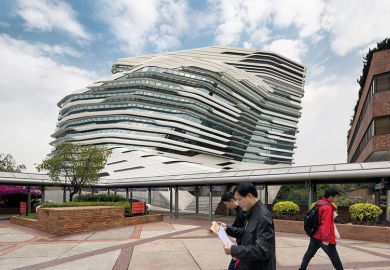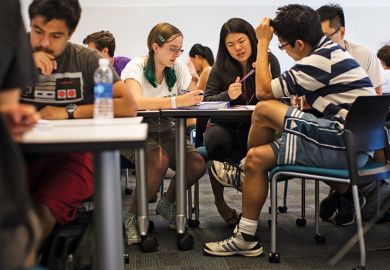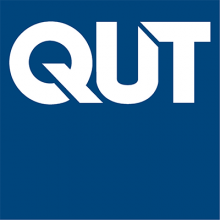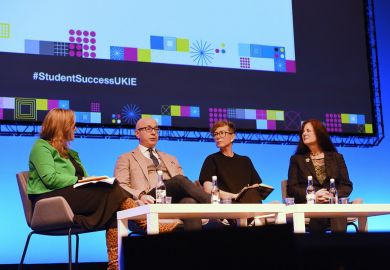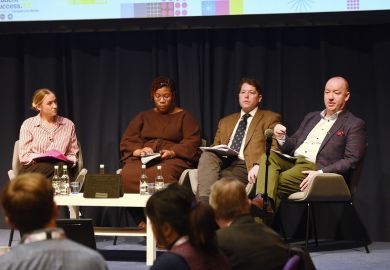Higher education in the 21st century has been facing various shifts in the political, economic, social and environmental landscapes. These have been precipitated by complex global issues including globalisation, poverty, pandemics, energy security and climate change – issues that transcend national boundaries and cannot be resolved without the concerted efforts of all sectors in society.
As such, there is a need to rethink higher education institutions’ relationships with society and their core missions. Universities are now challenged to focus not only on an individual institution’s interests, prestige and the employment prospects of its graduates but to be socially relevant and responsible by addressing the needs of society, both locally and globally.
On teaching and learning, it is of paramount importance that universities nurture their students. Not just to be successful professionals, but also to play the role of a “social conscience”, applying their abilities and talents to address social issues and induce positive changes. On research and knowledge transfer, we should always bear in mind the stern challenges the world faces today as we blaze new trails and drive creativity. University Social Responsibility (USR) has consequently become a core mission of many higher education institutions around the world.
The social responsibility dimension of my institution, Hong Kong Polytechnic University (PolyU), is explicit in its long cherished motto: To learn and to apply, for the benefit of mankind. Since our foundation, we have nurtured hundreds of thousands of professionals in various fields to cope with the social and economic changes in Hong Kong and the region. Our research, being an integral part of academic life, helps to serve the needs of our society, our country and our world. Project successes range from improving daily life and boosting economic efficiency, to fostering sustainability and opening up new horizons in space.
Search for academic jobs in Hong Kong
In 2012, with the four-year (instead of three-year) undergraduate degree structure put into place in Hong Kong, PolyU set itself a goal: make use of the additional year to nurture a global mindset, a serving heart and the capability to deal with various socio-economic issues in more constructive ways. The most significant move was to introduce “Service-Learning” (SL), a mandatory credit-bearing subject for all undergraduate students, which aims to cultivate a culture of civic engagement and social responsibility through connecting professional knowledge and skills with societal needs.
In addition to bringing positive change to society, many students have found SL a life-changing experience, helping to nurture a strong sense of social responsibility among them. PolyU was the first university in Hong Kong to make its service-learning course credit-bearing and mandatory for all undergraduate degree students.
We also initiated the idea of setting up a global platform to foster international partnerships in relation to USR. The USR Network now comprises 14 world-renowned universities located across all continents and was inaugurated in 2015.
The way forward
Well aware of the fact that the community is our key partner as the university takes on more social responsibilities, we aim to foster a “University-Community Partnership” in coming years through engaging the community more actively.
We take great pride in what we have accomplished so far in advancing the USR cause and are ready to take our efforts to the next level. With “Opening minds. Shaping the future” as our pledge for education and research, we are committed to advancing USR not only within our own campus but in the global higher education sector as we collaborate with USR Network members to address economic, social, cultural and environmental challenges.
Timothy W. Tong is president of Hong Kong Polytechnic University, which ranked 20th in the 2017 THE Young University Rankings. He discussed the issues in this blog in a session at the Young Universities Summit, which took place at the Queensland University of Technology this week.
Video: highlights from the 2017 THE Young Universities Summit
Register to continue
Why register?
- Registration is free and only takes a moment
- Once registered, you can read 3 articles a month
- Sign up for our newsletter
Subscribe
Or subscribe for unlimited access to:
- Unlimited access to news, views, insights & reviews
- Digital editions
- Digital access to THE’s university and college rankings analysis
Already registered or a current subscriber?

